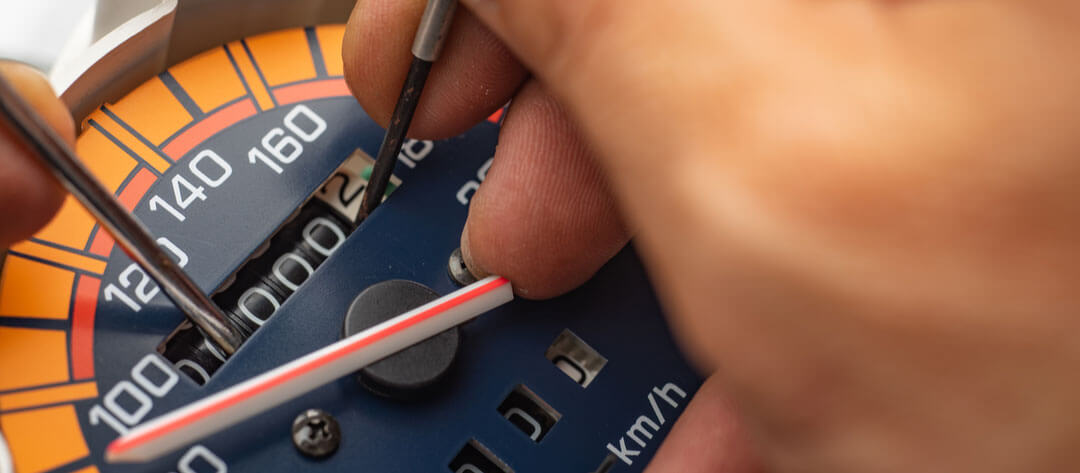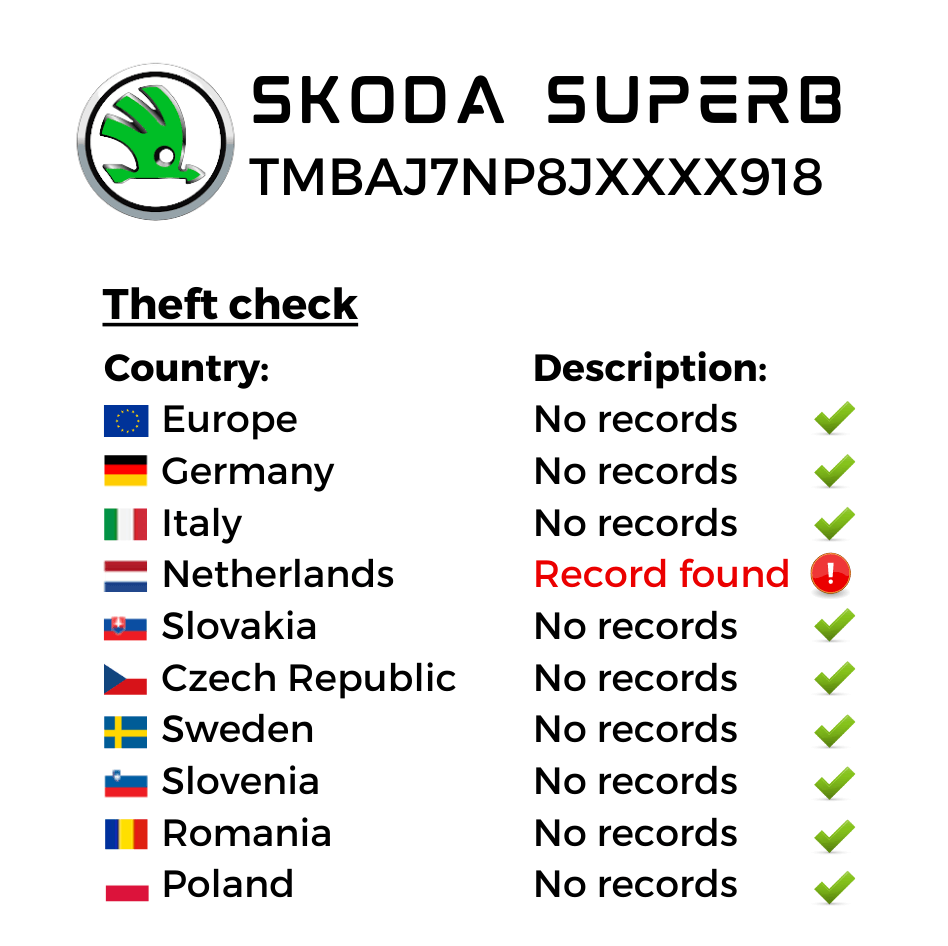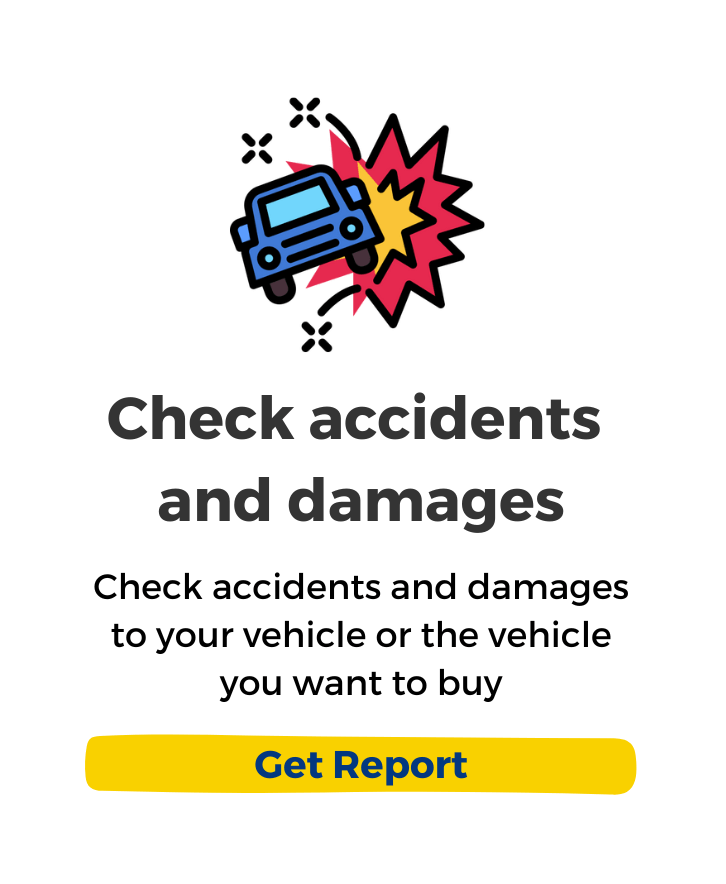How to avoid scams when buying a used car?

Marko Stojanov
While there is no reason to worry about being scammed when buying a new car, you should be careful when buying a used car so that you do not become a victim of various scams.
In addition to choosing the brand, model and equipment that is in accordance with your wishes and needs, you need to pay attention to certain details in order not to be deceived. Below are some tips for checking your car and ways to avoid fraud.
Mileage manipulation
One of the most common frauds when selling a used vehicle is the mileage fraud, i.e. returning the mileage. The largest number of frauds occurs when exporting cars from Western to Eastern Europe. Data show that around 60% of vehicles have returned mileage in cross-border trade.
If the buyer has no experience with this problem or does not have a report on the history of the vehicle, he can easily be deceived and overpay the price of the car dealership by 25%. In addition to the higher price, there are usually more expensive vehicle maintenance costs. An indicator of mileage fraud (mileage refund) is the general condition of the vehicle in relation to the mileage.

European drivers cover about 15,000 kilometers on average. If you notice that the interior of the car looks worn and worn, and the car has low mileage, know that something is wrong. Likewise, if a 10-year-old car has a brand new steering wheel, gear lever and new pedals, this is a signal that these elements have been replaced and that the seller is hiding something.
The vehicle was used as a TAXI or for rental
Sellers very often try to hide that the vehicle was a taxi or was being rented. These vehicles cover high mileage in a very short period of time and quickly lose value. Just restoring the mileage, painting the vehicle and repairing the structural parts increases the value of these vehicles and allows the seller to make a great profit. That's why you need to pay attention to the condition of the car and do a detailed inspection of the vehicle.
Damaged vehicle
Almost a 30% of vehicles in Europe had minor or major damage and accidents. Sellers certainly don't want to tell you this happened and will try to cover it up. That is why it is necessary to check the vehicle, the bodywork, whether the spaces between the panels are uniform, what is the condition of the paint, whether there is corrosion, etc.
Special attention should be paid to the spaces between the panels. They can be larger or smaller, but it is important that they are uniform and that there are no irregularities in shape and form. If there are bumps, it indicates that there has been some damage and the car has been repaired.
If the vehicle had minor damages that do not affect its driving safety, and if it has been properly repaired, this should not deter you from purchasing.
Low price of the car
If the seller is selling the vehicle at a significantly lower price than the market price, that should be a clear signal to you that something is wrong. When the price is too low, it indicates that the seller is hiding something or that the actual condition of the vehicle does not match the one in the ad.
It can also happen that the vehicle is supposedly abroad, so the price is therefore low, and the buyer is asked for an advance if he wants it delivered.
Stolen vehicle
Selling a quality car at a good price can seem like a great deal. However, often in such situations it can happen that the car is stolen. It is not easy to determine on your own whether the car is stolen.
When criminals steal a car, they change the license plates of the vehicle, change the chassis number or clone the vehicle documents, so it is difficult to trace the stolen vehicle. You can buy this car without any problems, and when it is discovered that the car is stolen, you will be left without the car, which will be confiscated by the police, and without the money you paid for the car.
In the vehicle history report, you can see data related to whether the car has been stolen in most European countries.

Payment fraud
The most common payment fraud occurs if you plan to buy a vehicle that is located abroad and is not currently available for sale. The seller requires you to pay an advance, in order to reserve the vehicle for you, or asks for the entire amount in order to buy the vehicle at a lower price. And if you pay later, the price is higher due to additional costs.
Be careful when you see these ads and offers, because they may be scammers and you will be left without money and without a car.
Scam with airbags
In many EU countries, thieves steal airbags from vehicles. Certain car mechanics who participate in illegal activities, when repairing cars, remove airbags and replace them with bags or other materials, so that the vehicle owner does not know that he has run out of airbags. If you buy such a vehicle, you will be unsafe on the road.
How to avoid scams?
Anyone can be a victim of fraud in the used car market. So don't ignore these risks when buying a used vehicle. The best way to avoid scams is to request a vehicle history report and have the vehicle thoroughly checked at an authorized service center.
Request a vehicle history report
Before inspecting the vehicle, all you need is to obtain a VinCheckExpert vehicle history report. This report gives you detailed information about the car such as mileage record, accident and damage record, stolen vehicle record, safety recalls, vehicle service history. The data from the report is a good signal for you whether to continue with the inspection of the car or to look for another one.
Inspect the vehicle
If you have found a vehicle that matches your wishes and needs, check the vehicle in detail. Contact the seller, inquire about the vehicle in detail, schedule a vehicle inspection and test drive. Bring your handyman, professional or take the car to an authorized service center.
A detailed inspection will reveal all the problems if the car has them, so the seller will not be able to hide the vehicle's flaws from you. This allows you to negotiate the price and get a better offer.
Happy shopping!
How to create a used vehicle history report by chassis number (VIN)?
All you need to do is enter the 17-digit VIN number in the "Enter VIN" field and click the Search button. After a few seconds, VIN Decoder will provide a free VIN check and some basic information. This info should be enough to check whether the VIN is valid or not.
To create a complete report about the vehicle, such as mileage records, odometer fraud, estimate mileage, accidents and damages, theft check, market value, and previous images, you should download a VinCheckExpert vehicle history report.

Look at the following texts:
Check VIN number and car history here!
100% money back guaranteed! 

